We Need You


Fighting fire requires people who perform a wide variety of tasks. Yes, we always need firefighters (in North Dakota, most of them are volunteers), but even if you don’t want to fight fires you can provide valuable help to those who do.
Firefighters
There are two types of firefighters: structural firefighters and wildland firefighters. Structural firefighters are usually part of a fire department (paid or volunteer) and specialize in putting out fires in buildings. Wildland firefighters specialize in controlling fires in nature.
Career and volunteer fire departments (mainly structural fires)
In North Dakota, larger towns and cities have paid fire departments and career firefighters. Other jobs in city fire departments might include the positions of fire inspector and fire investigator.
Ninety-six percent of North Dakota firefighters are volunteers. These are people who earn their living doing non-firefighting jobs but train to be firefighters. They offer their firefighting services for free to help the community.

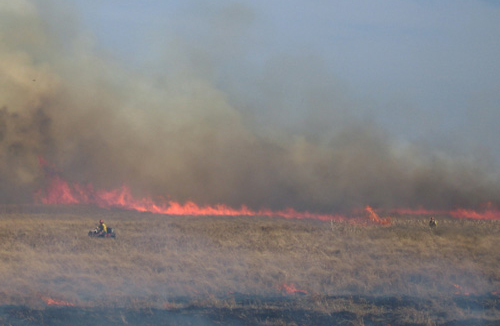
Wildland Firefighters
These are firefighters specially trained to extinguish outdoor fires caused either by lightning or by human carelessness. Smoke jumpers, special types of wildland firefighters, are trained to parachute out of airplanes into remote areas to put out fires and prevent the spread of fires.
Firefighter Support
In addition to firefighting, many other careers deal with predicting and helping to manage fires.
Meteorologists/Weather Forecasters
The weather can help or hinder putting out fires and can also increase the risk of fire. Meteorologists and forecasters can help predict these conditions.
911 Dispatchers
When you call 911 for an emergency, the dispatcher answers and then calls the fire department to help you. They know the questions to ask so that you get help as quickly as possible.
Biologists
Biologists study living things. If an area of land has been destroyed by fire, biologists can help to restore the vegetation, which will then attract wildlife.
Ecologists
Ecologists study the relationships between living things. This is important because the types and health of vegetation can determine the risk of a fire. For example, forests that are devastated by bark beetles have dry, dead wood compared to a healthy forest, and are at a higher risk of fire.
Urban and Rural Planners
City and county governments sometimes hire engineers who specialize in fire prevention and protection. This can include writing fire safety codes and building codes.
What is a Hero?
Brain Check
1. For most firefighters, being a firefighter is their career—a paying job.
- True
- False
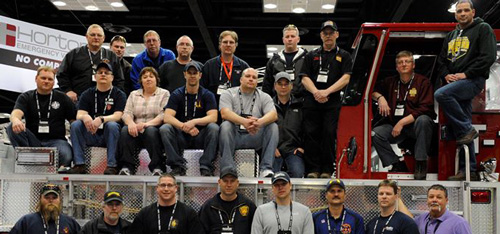
2. In North Dakota, almost all firefighters are _____.
- Career (paid) firefighters
- Volunteer (unpaid) firefighters
- From Italy

3. What are the two types of firefighters?
- Structural and Wildland
- Republican and Democrat
- Quiet and Talkative
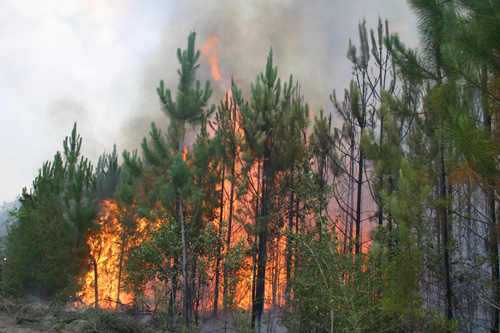
4. A _____ tells firefighters where to go when there is a fire.
- Dispatcher
- Psychic
- Tweet
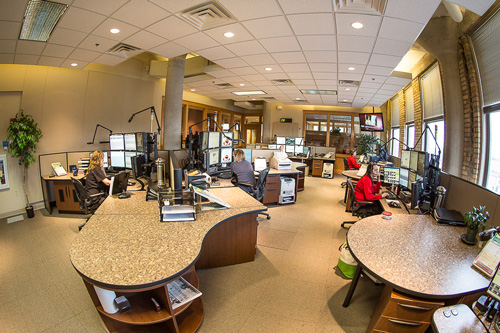
5. Biologists help with fire management by _____.
- Staying Indoors
- Restoring burned ecosystems
- Watching the Wildlife Channel
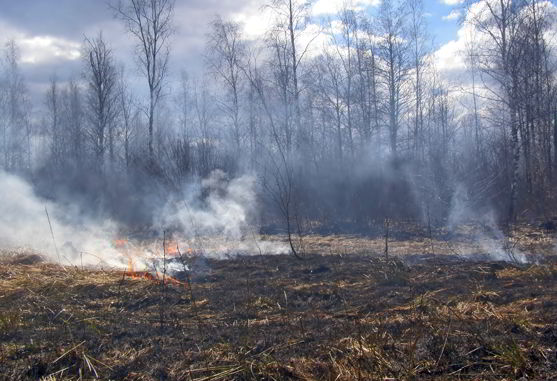
6. Many people besides actual firefighters are needed to help predict, control, prevent, and recover from wildfires and urban fires.
- True
- False
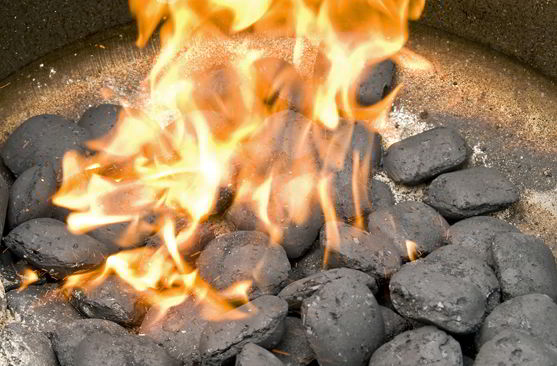
7. Meteorologists and weather forecasters help with fire prediction by _____.
- Knowing when a meteor will hit earth.
- Watching the Psychic Channel.
- Knowing when temperatures, wind, and dryness will make wildfires likely.
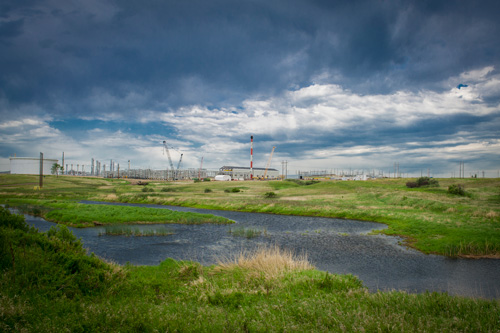
Results
Congrats! You’ve finished the quiz! Your score is




